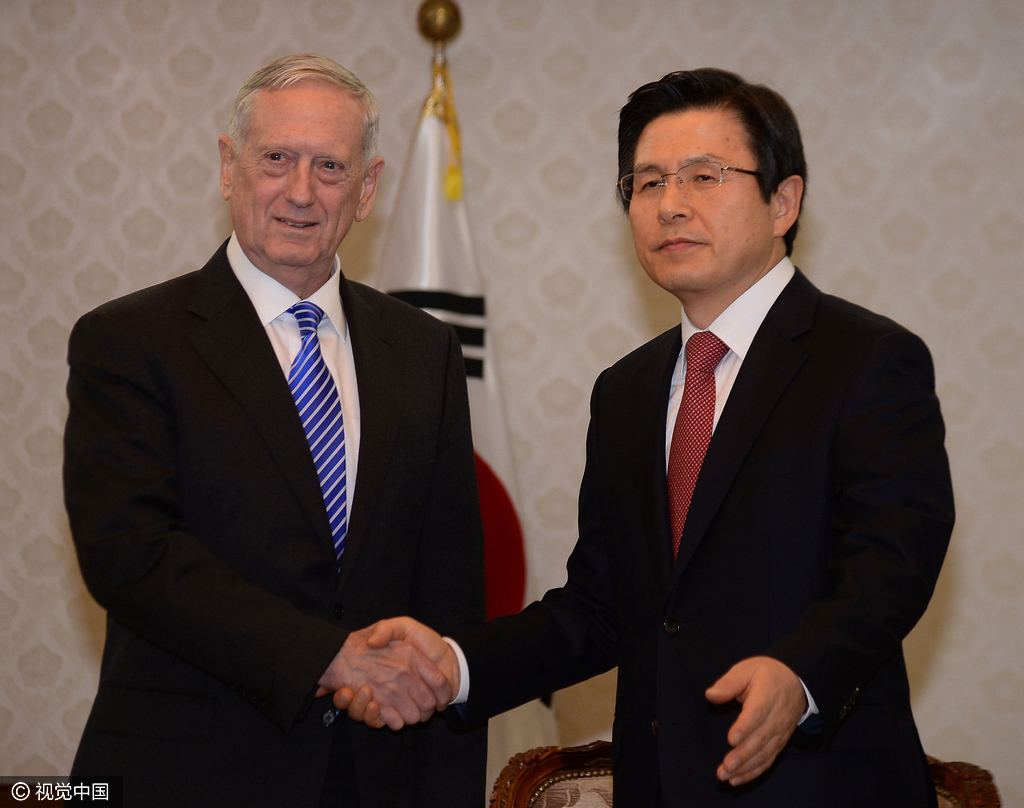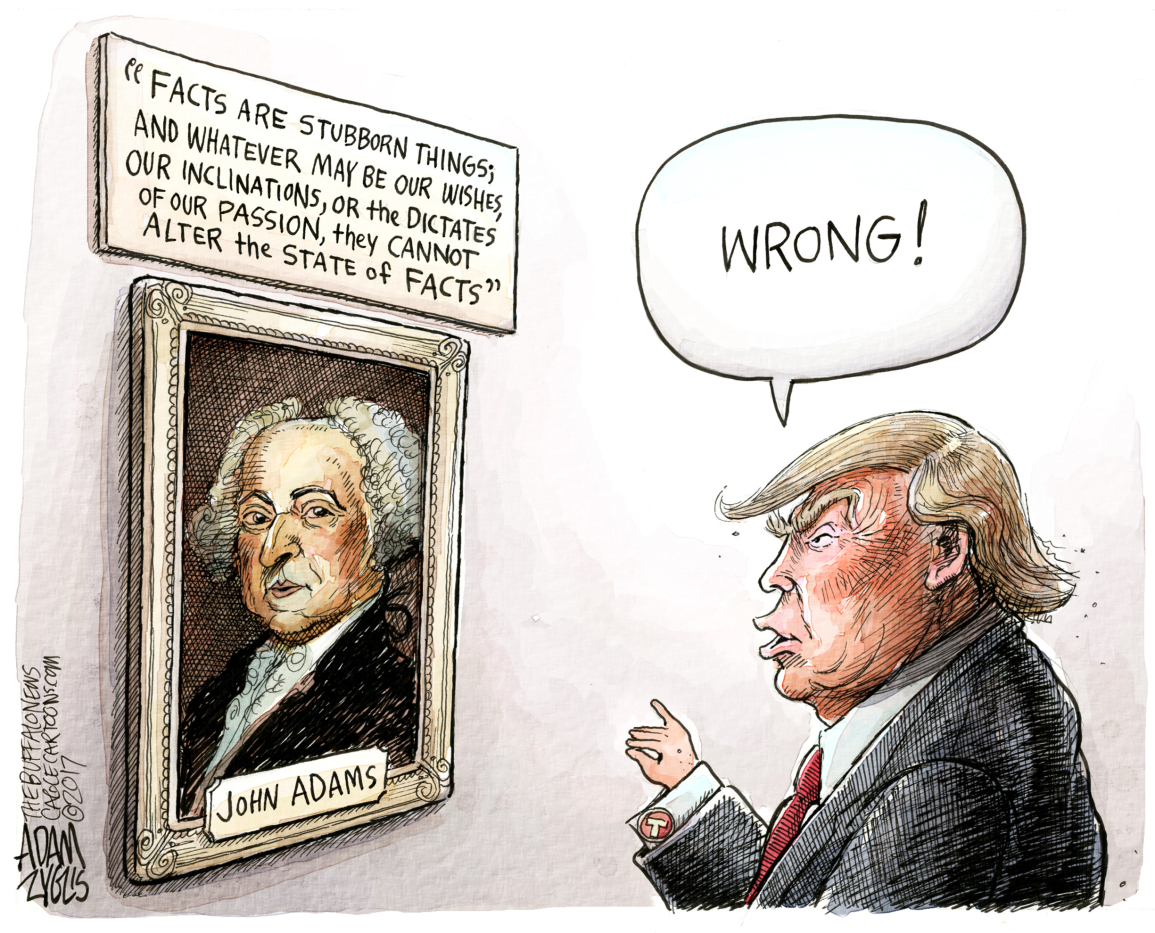The Meaning of Trump’s Letter
This letter was initially a courtesy, thanking Xi Jinping for his congratulations on Trump winning the presidency, and sending wishes to the Chinese people for the new Year of the Rooster. The letter also contained some substantive expression of Trump’s desire to “develop a constructive relationship that benefits both the United States and China.” “Constructive” and “mutually beneficial” are the two key concepts in this letter. Compare this to how Trump spoke before he became the president and you can see a marked difference. As the U.S. government has just changed, U.S.-Sino relations are full of uncertainty, so of course, there was some meaning behind this.
Of course, this letter alone cannot be interpreted as being a weather vane for Trump's policy toward China, nor can it be taken as a barometer of U.S.-Sino relations. Trump’s foreign policy is still being formed and is bound to be followed by enormous controversy. Trump could intentionally keep his foreign policy and actions vague and unpredictable.
From today’s perspective, in order to ensure “constructive” and “mutually beneficial” U.S.-Sino relations, the two countries will have to deal with three issues: concrete bilateral issues; regional and global issues; and the issues of relations between one country rapidly rising to power, and another maintaining its power. To determine the direction that U.S.-Sino relations will take during Trump’s period of office we need to assess the concrete issues, but we also need to take a step back from the concrete issues and look at the wider picture, the overall situation.
The first thing to examine is the process of U.S.-Sino relations. Since 1972, the policy of successive U.S. presidents toward China has appeared to waver, but the U.S. and China need one another; the fundamentals of cooperation have not, and will not, change. Nixon was widely known as being anti-communist but pursued enthusiastic discussions with China in the “week that changed the world.” Reagan was another president who had an intense anti-communist complex, and yet, together with China, produced the Aug. 17 communiqué and created close relations between the two countries. Clinton’s policy toward China depended on human rights and commercial trade; however, he ultimately chose to cut ties. So, U.S.-Sino relations have been through more than 40 years of development, and the length and breadth of the benefits to both countries have already reached unprecedented levels. With this sort of background, when one benefits, both benefit; when one loses out, both lose out.
Second is the development of global power. Both China and the U.S. are beneficiaries of globalization, and both countries have been strengthening their coordinated and cooperative responses to negative aspects of globalization. In recent years, China has relied on the diplomatic strategy of a mutually profitable and constant growth of strength and cooperation to create a huge amount of diplomatic room in which to maneuver when the U.S. starts to play its strategic games. U.S.-Sino relations are the most important, but not the only, kind of bilateral relations for China, and China will not capitulate to American pressure.
Third is the overall situation between China and the United States. Trump’s campaign slogan was “Make America Great Again,” and these words appeared on the White House website home page after Trump took office; this is Trump’s “American Dream.” For China, to “achieve the great rejuvenation of the Chinese people” is the “Chinese Dream.” Looking at it in a literal sense, both countries are using different methods to achieve the same result. We just need to expand cooperation and control the divergence, and only then will we see both countries realize their dreams.
Clearly, to develop constructive and mutually beneficial U.S.-Sino relations, cooperation is necessary. Just as Premier Xi Jinping pointed out, cooperation is the only proper option available to the U.S. and China. Trump has expressed to Xi Jinping that the U.S. and China can achieve a mutually beneficial win-win situation. He ought to have said that both countries have acknowledged – and have a common understanding of – developing the two countries’ constructive and mutually beneficial relations. Currently, both countries need to increase their positive interactions with one another to ensure U.S.-Sino relations do not fail; and to ensure that both countries come through this breaking-in period quickly.
There is a common saying in China: “The meal is remembered long after the wait is forgotten,” which means that good things in life are worth waiting for. I hope that the first meeting of the Chinese and American heads of state can turn this breaking-in period into the start of positive interactions between the U.S. and China.
The author is a special commentator for this newspaper, and a distinguished researcher for the China Institute of International Studies.


